2010 Chevrolet Colorado Brake Rotors and Pads
Click here to search another vehicle
All Rotors:
OEM x
Coated x
Drilled, Slotted and Coated x
Front x
Rear x
All Pads:
Ceramic x
Semi-metallic x
Front x
Rear x
Found 7 record
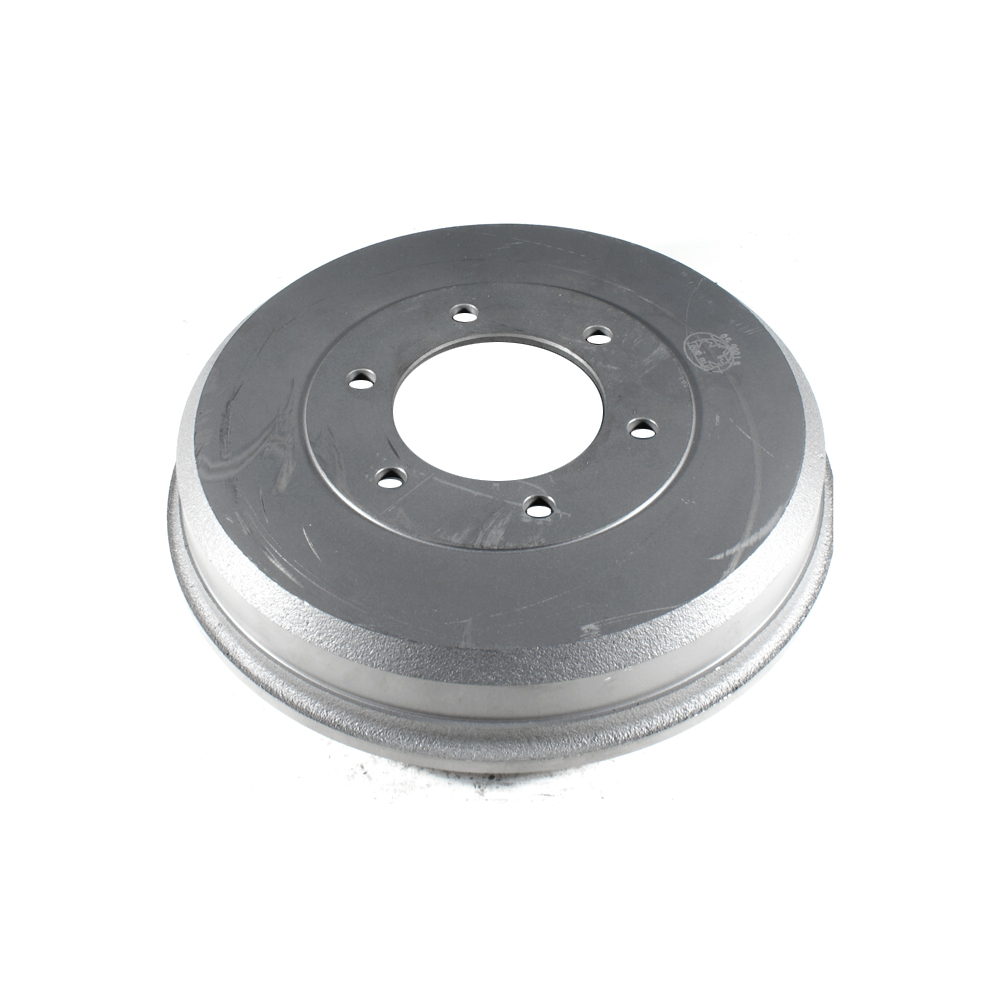
Part No: BD80120
Raybestos: 9769
OE: 15230627
Raybestos: 9769
OE: 15230627
$58.79 each
Per Car QTY: 2
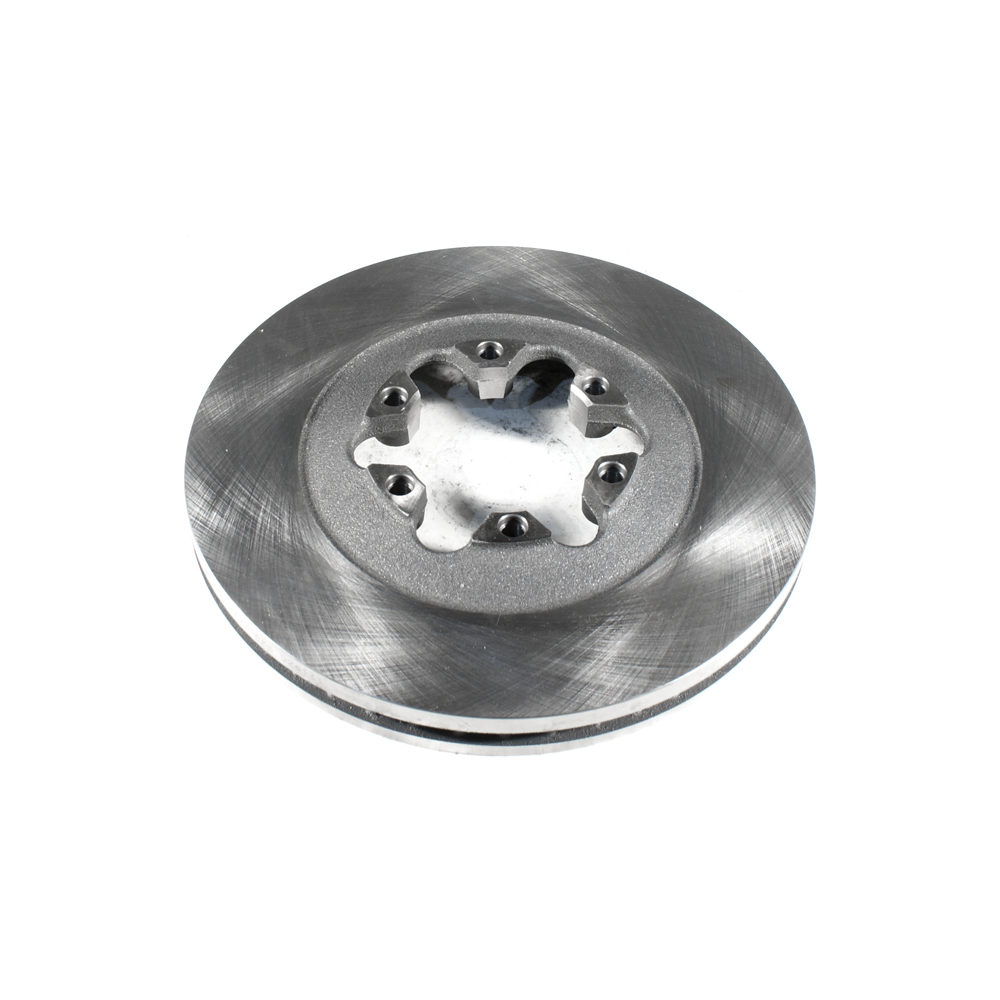
Part No: BR55162
Raybestos: 580709
OE:
Raybestos: 580709
OE:
$53.1 each
Per Car QTY: 2
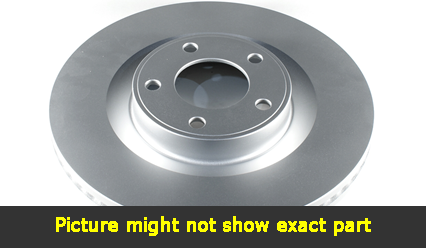
Part No: PP55162
Raybestos: 580709
OE:
Raybestos: 580709
OE:
$67.07 each
Per Car QTY: 2
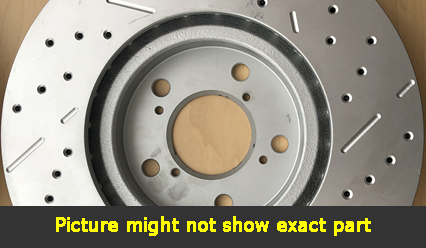
Part No: SP55162L
Raybestos: 580709
OE:
Raybestos: 580709
OE:
$103.52 each
Per Car QTY: 1
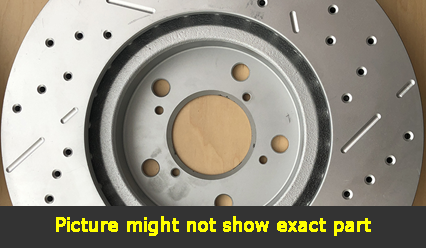
Part No: SP55162R
Raybestos: 580709
OE:
Raybestos: 580709
OE:
$103.52 each
Per Car QTY: 1

Part No: PD1169C
Raybestos: 1169
OE:
Raybestos: 1169
OE:
$39.98 each
Per Car QTY: 1
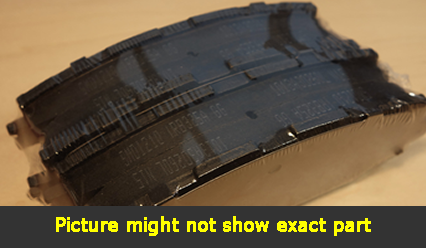
Part No: SMD1169
Raybestos:
OE:
Raybestos:
OE:
$28.01 each
Per Car QTY: 1
When it comes to safety, the braking system of your vehicle plays a crucial role. And for owners of the 2010 Chevrolet Colorado, ensuring that their brake system is in optimal condition is of utmost importance.
The 2010 Chevrolet Colorado is a reliable mid-size pickup truck that offers a comfortable ride and impressive off-road capabilities. However, like any other vehicle, the brake system of the 2010 Colorado requires regular maintenance and occasional replacement to ensure its efficiency and effectiveness.
The braking system of the 2010 Chevrolet Colorado consists of various components that work together to slow down or stop the vehicle when necessary. These include the brake pads, rotors, calipers, and brake fluid. Each component must be in good condition and properly functioning to ensure the safety of the driver and passengers.
One of the key elements of the braking system is the brake pads. These are the components that create friction against the brake rotors, generating the necessary stopping power. Over time, brake pads wear down and need to be replaced. Signs of worn-out brake pads include squeaking or squealing noises, reduced braking performance, and a vibrating brake pedal. It is recommended to have the brake pads checked regularly and replaced as necessary.
Another important component of the braking system is the brake rotors. The rotors are the flat, disc-shaped components against which the brake pads press to create friction. If the rotors become worn or damaged, they can affect the overall braking performance and may need to be resurfaced or replaced. Signs of worn-out rotors include a pulsating brake pedal or vibrations during braking.
The brake calipers are what hold the brake pads and allow them to press against the rotors when the brakes are applied. If the calipers become stuck or fail to release properly after braking, it can affect the performance of the brake system and lead to uneven wear on the brake pads or rotors. Regular inspection and maintenance of the calipers are crucial to ensure their functionality.
Lastly, the brake fluid is the hydraulic fluid that transfers the force from the brake pedal to the brake components. Over time, the brake fluid can absorb moisture from the air, reducing its effectiveness and potentially causing brake failure. It is recommended to have the brake fluid flushed and replaced periodically to maintain its integrity.
To ensure the safety and performance of your 2010 Chevrolet Colorado's braking system, it is essential to have regular brake inspections and maintenance performed by qualified technicians. They can identify any issues or potential problems and take the necessary steps to keep your brakes in top condition.
Remember, the brake system is a crucial component of your vehicle's safety system. Regular maintenance and prompt attention to any signs of brake wear or malfunction can go a long way in keeping you and your passengers safe on the road. So, if you own a 2010 Chevrolet Colorado, give your brakes the attention they deserve and enjoy a safe driving experience.
The 2010 Chevrolet Colorado is a reliable mid-size pickup truck that offers a comfortable ride and impressive off-road capabilities. However, like any other vehicle, the brake system of the 2010 Colorado requires regular maintenance and occasional replacement to ensure its efficiency and effectiveness.
The braking system of the 2010 Chevrolet Colorado consists of various components that work together to slow down or stop the vehicle when necessary. These include the brake pads, rotors, calipers, and brake fluid. Each component must be in good condition and properly functioning to ensure the safety of the driver and passengers.
One of the key elements of the braking system is the brake pads. These are the components that create friction against the brake rotors, generating the necessary stopping power. Over time, brake pads wear down and need to be replaced. Signs of worn-out brake pads include squeaking or squealing noises, reduced braking performance, and a vibrating brake pedal. It is recommended to have the brake pads checked regularly and replaced as necessary.
Another important component of the braking system is the brake rotors. The rotors are the flat, disc-shaped components against which the brake pads press to create friction. If the rotors become worn or damaged, they can affect the overall braking performance and may need to be resurfaced or replaced. Signs of worn-out rotors include a pulsating brake pedal or vibrations during braking.
The brake calipers are what hold the brake pads and allow them to press against the rotors when the brakes are applied. If the calipers become stuck or fail to release properly after braking, it can affect the performance of the brake system and lead to uneven wear on the brake pads or rotors. Regular inspection and maintenance of the calipers are crucial to ensure their functionality.
Lastly, the brake fluid is the hydraulic fluid that transfers the force from the brake pedal to the brake components. Over time, the brake fluid can absorb moisture from the air, reducing its effectiveness and potentially causing brake failure. It is recommended to have the brake fluid flushed and replaced periodically to maintain its integrity.
To ensure the safety and performance of your 2010 Chevrolet Colorado's braking system, it is essential to have regular brake inspections and maintenance performed by qualified technicians. They can identify any issues or potential problems and take the necessary steps to keep your brakes in top condition.
Remember, the brake system is a crucial component of your vehicle's safety system. Regular maintenance and prompt attention to any signs of brake wear or malfunction can go a long way in keeping you and your passengers safe on the road. So, if you own a 2010 Chevrolet Colorado, give your brakes the attention they deserve and enjoy a safe driving experience.


